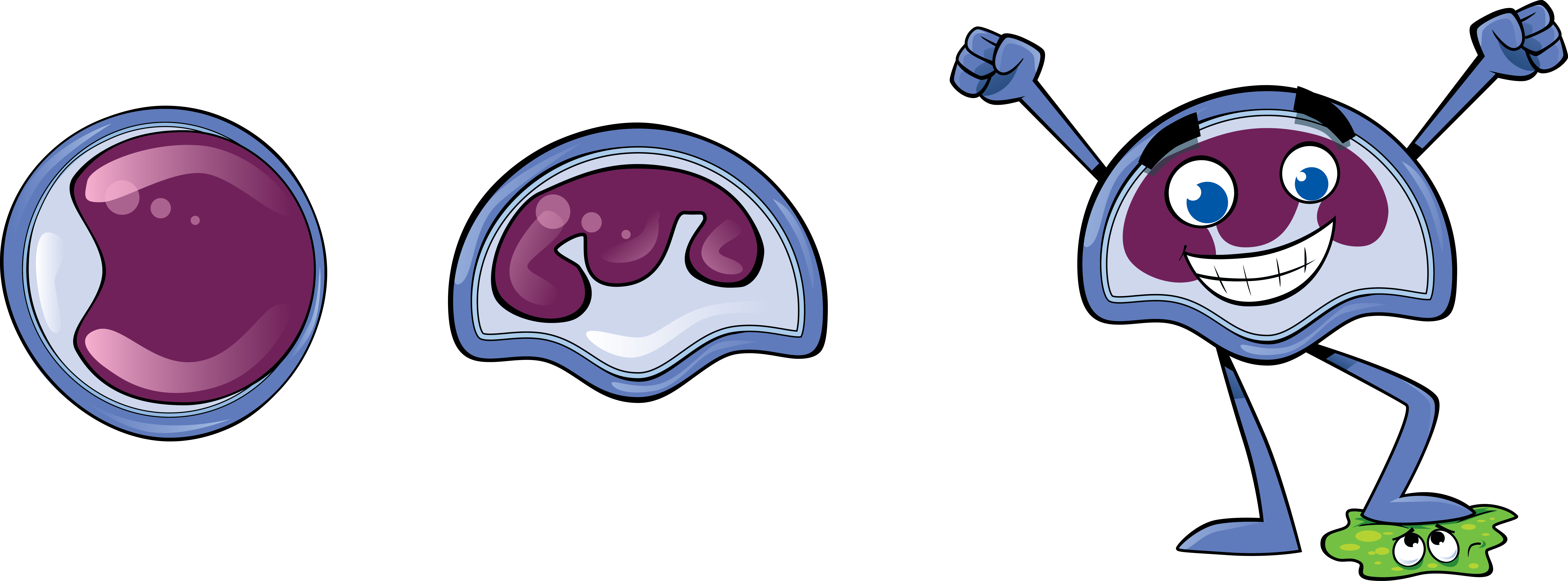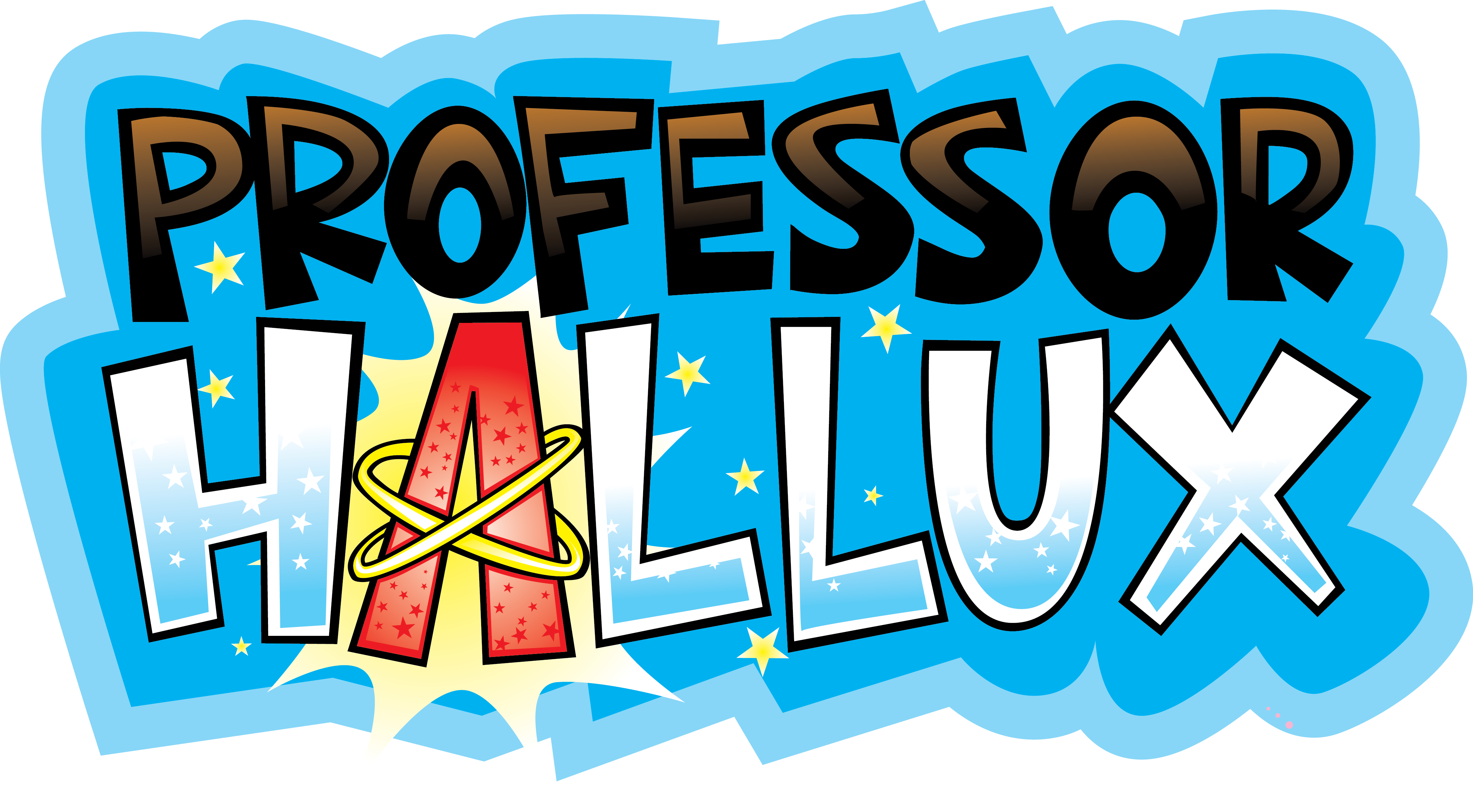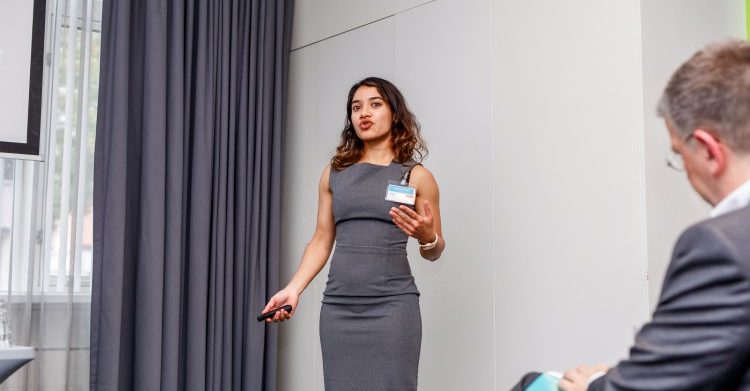Fun Kids: Engaging Children with the Challenge of Antibiotic Resistance
We’ve been talking to Rowshonara Syeda, Researcher at Public Health England, on the e-Bug programme. Here, she discusses the importance of audio-visual materials in primary education as well as sharing some great resources made by the e-Bug team themselves!
Most school pupils relish the opportunity to watch television programmes or videos in class, and these are becoming an ever more effective way to learn about tricky topics that need a little more creativity to help stick in the minds of pupils. The importance of audio-visual material including videos and music clips has been documented in research from Harvard University that suggests students have different learning styles, including visual-spatial, linguistic and auditory.
Educators that incorporate audio-visual tools into the classroom are likely to encourage pupils to absorb information in a manner that suits their preferred learning style. Whether you like to use worksheets, or textbooks, using too much of one type of teaching material can cause pupils to lose interest in the subject matter. However, if you are keen to add diversity to your lessons, and encourage knowledge retention through creative resources, audio-visual tools can be an effective way to enhance the learning environment for your pupils.

Fun Kids Children’s Radio
At e-Bug, we are always researching ways in which we can create innovative teaching resources that are accessible and engaging for all, for primary and secondary teachers and pupils alike. An exciting opportunity came our way, when we got the opportunity to collaborate on a multimedia series with Fun Kids – one of the UK’s leading interactive brands for children and their families. Our aim was to encourage the learning of infections, antibiotics and self-care, especially for the more visual and auditory learners.

Professor Hallux’s Kaleidoscope Antibiotic
The six-episode animated radio series features the adventures of Professor Hallux and his trusty sidekick Nurse Nanobot as they shrink to the size of an atom and explore the human body! All episodes are approximately 5 to 6 minutes in length and are available as podcasts and videos at www.funkidslive.com/hallux. They are a perfect way to grab the attention of the class, and can be used as an incentive strategy to promote learning.
The Six Animated Podcasts Explored:
- Different types of infections: includes an introduction to microbes including bacteria, viruses and fungi; and that some can be useful and others harmful. This BBC Teach clip explaining how bacteria are grown on plates of agar jelly, using an incubator, works really well alongside this episode.
- How our bodies protect us against infections: includes the function of the immune system and how it defends us from harmful microbes.
- The action of antibiotics: includes the discovery of antibiotics by scientist Alexander Fleming and how they affect only bacterial and not viral infections.
- Vaccinations: includes prevention being better than cure, and different vaccines that protect against viral and bacterial infections. Another great resource to use alongside this one is this Horrible Histories clip featuring Edward Jenner, in which we explore how he invented the smallpox vaccine.
- Hygiene, self-care and preventing infections: includes food hygiene, self-care when sick, and handwashing.
- Superbugs and antibiotic resistance: includes examples of antibiotic resistant bacteria such as E. coli, how antibiotic resistance develops, and how you can prevent its spread.
Suggestions for Teachers:
- Why not use them in your classroom, or part of home-learning, as an introduction to the main content of the lesson? If you’re using e-Bug resources, we also have some great lesson plans that you could use alongside them!
- Set your pupils a homework task to watch an episode and write down what they have learnt as a result.
Send us an email and feedback on how your lessons go at e-Bug@phe.gov.uk

About the Author:
Rowshonara Syeda MSc, Researcher at Public Health England (PHE). Rowshonara has a background in health psychology, occupational health, and public health. Rowshonara is part of the e-Bug team at PHE who specialise in developing health educational resources that are used across Europe to teach 4-18 year olds about microbes, the spread of infection, antibiotics and vaccinations. Contact e-Bug@phe.gov.uk for more information.
About e-Bug:
e-Bug, operated by Public Health England, is a free evidence based educational resource to teach children and young people about hygiene, infections and antibiotics in a fun, interactive, and age-appropriate way. If you have not heard of e-Bug already, free downloadable lesson plans on various health topics are available on the website for use in many subjects, including science or PSHE lessons, all linked to the National Curriculum.
Fun Kids
https://www.funkidslive.com/learn/hallux/antibiotics/
e-Bug YouTube channel
https://www.youtube.com/channel/UCKhJ4-fTiRKMU1FtkEirEfw
References
Multiple Intelligences http://www.tecweb.org/styles/gardner.html
The Importance of Audiovisual aids in the classroom https://classroom.synonym.com/importance-audiovisual-aids-classroom-10053260.html
